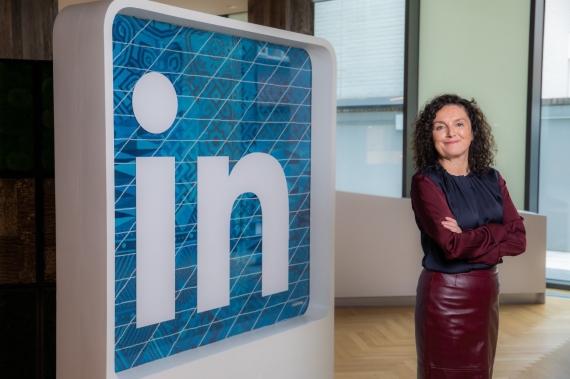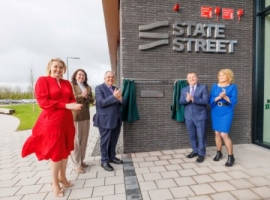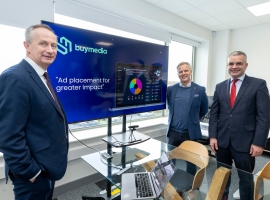
Ireland’s workforce could potentially experience a ‘flexidus’ among women taking career breaks, with 62% of women saying that they’ve considered leaving, or have left, their role because of lack of flexibility. This is according to new research from LinkedIn, conducted by Censuswide, which surveyed 1,011 employees in Ireland and 503 Hiring Managers (excluding sole traders).
The findings show that over half of women say they have either left their job (26%) or considered leaving their job (36%) because there wasn’t a flexible working policy in place, leaving women with no choice but to take a break from their career. According to women, the top two most helpful policies would be an increase in annual leave (88%) and flexible start and finish times (86%). The research has highlighted that this is not an issue confined to Ireland, with over half (52%) of women across the UK saying the same.
When it comes to perceptions about flexible working policies, the pandemic has exposed a clear disconnect between female workers and their employers. It is estimated that 83% of women think that the pandemic has exposed a need to work more flexibly; however, one in five (20%) say that they have had a flexible working request denied. According to the research, it’s also clear that a lack of flexibility at work is having a significant impact on women’s careers. Of the women who have had to leave their job and take a break from their career because of a lack of flexible working, 22% say their career progression has been hindered and 20% say they had to choose between childcare and their career.
The survey data goes on to show that women are more likely than men to even take a pay cut to work flexibly, with half of women (50%) saying they had to reduce their salary because of their flexible working arrangement, while over a quarter (27%) of those said that this was the case despite working the same number of hours.
According to over half of women (55%), flexible working would improve their work/life balance and two in five (40%) say it would improve their mental health. But, when it comes to what women want in terms of flexible working arrangements, which would prevent an exodus of women from the Irish workforce, the findings demonstrate that women don’t expect dramatic adjustments.
While LinkedIn’s latest research has shown that 51% of women have taken a break in their career for reasons such as education or parental leave, it has also highlighted that 62% of women believe there is a stigma attached to having a career break. So much so, that over one in four (26%) women who work flexibly have even hidden the fact that they do from their colleagues, clients and friends.
Commenting on the research, Head of LinkedIn Ireland, Sharon McCooey said, "Our research shows a clear disconnect between female professionals and their employers when it comes to perceptions about flexible working policies. Over three in five women have said that they’ve considered leaving or have left, their role because of lack of flexibility, leading to many women regrettably exiting the Irish workforce for a period of time. We want women to be in a position to make any career decisions on their own terms and position a career break as the professional asset that it truly is."
To help empower women to take the next steps after they have taken a career break and to help engage employers to ignite change, LinkedIn has added 13 new career break options to profiles, giving members a new way to reflect breaks from their career on their LinkedIn Profile, normalising flexible careers. LinkedIn members are now able to publicly list the reasons for a career break on their profile, including reasons such as caregiving, career transition, bereavement, layoff, or helping people who’ve taken career breaks to stand out for the life experiences they’ve built during their time away. The platform is also encouraging members to share what flexible working really means and how it has supported their career using the hashtag #FlexibleIs.
LinkedIn is also offering free courses to help support flexibility and inclusivity in the workplace, with LinkedIn Learning courses available on Negotiating Work Flexibility, Preparing Your Family Leave and Return and Inclusive Female Leadership. The courses are available for free until the end of May.
Source: www.businessworld.ie

















